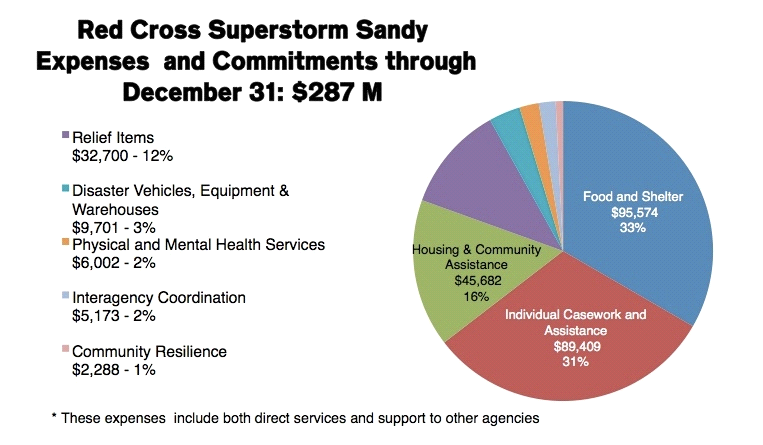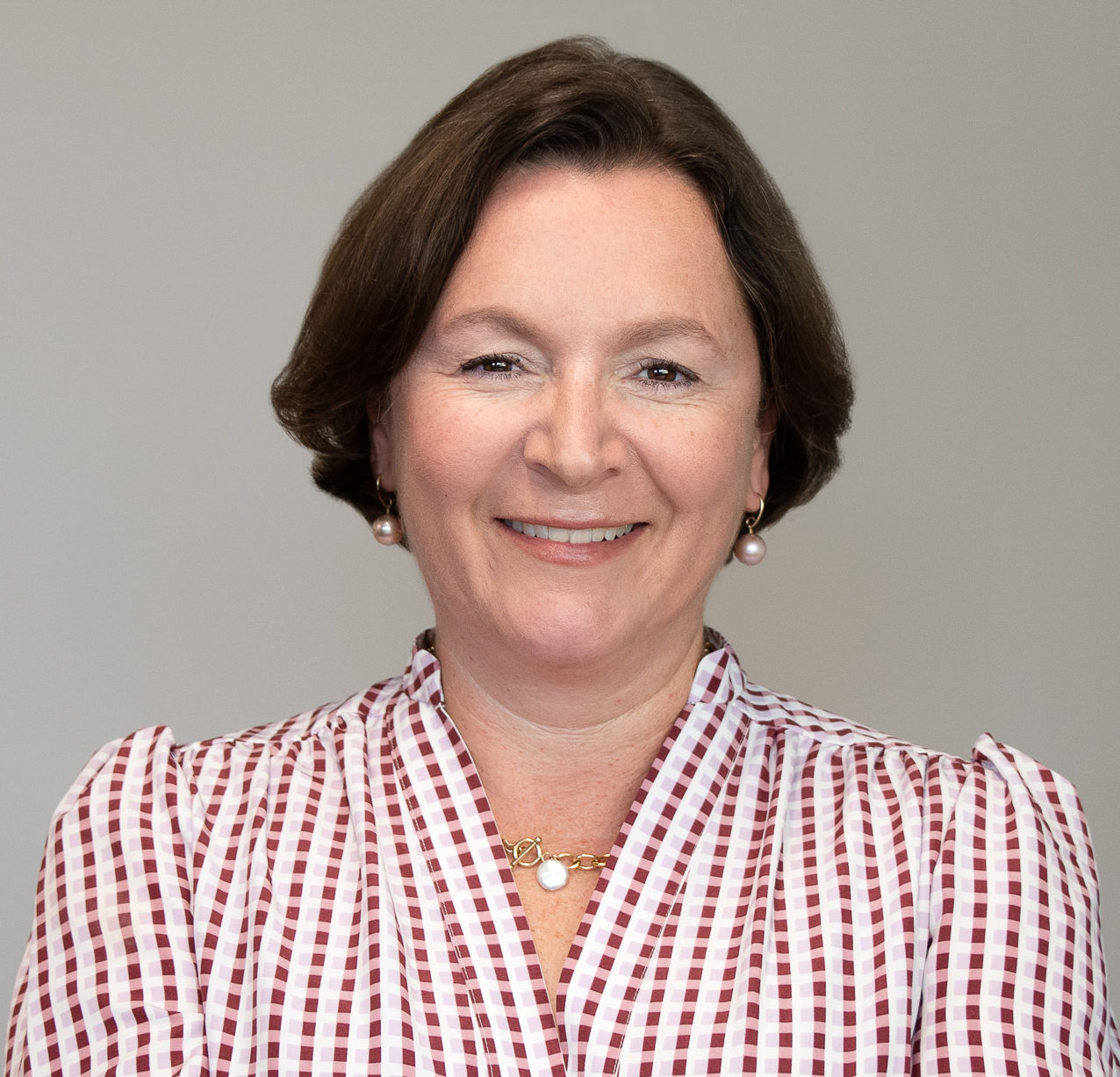Empowering Older Adults in a Disaster Requires Early Planning
On July 23, 2014, the New York Academy of Medicine hosted a webinar to launch their recently released report, Resilient Communities: Empowering Older Adults in Disasters and Daily Life. The opening sentence of the report provides a compelling fact as to the importance of this topic: New York City’s 1.4 million people over age 60 […]
On July 23, 2014, the New York Academy of Medicine hosted a webinar to launch their recently released report, Resilient Communities: Empowering Older Adults in Disasters and Daily Life.
The opening sentence of the report provides a compelling fact as to the importance of this topic:
New York City’s 1.4 million people over age 60 and over constitute 17 percent of the city’s total population. This number is projected to increase by 50 percent over the next 20 years.
We know that disasters affect all facets of our lives – work, transportation, childcare and school systems, food distribution systems. And, disasters damage our homes, our cars, our places of work and worship, and our community infrastructure.
I’m a married adult female with two kids living in the Southeast. But my vivid imagination can quickly take me to a place where I turn into a single, older adult, living in a multi-story, multi-family apartment building in the middle of New York City in the days immediately after Sandy bore down on the City. There is no light in my apartment because there is no electricity. The food in my refrigerator is running low, but I’m not able to descend the four flights of stairs to get out on the street to go to the grocery store or the corner market. I have a week’s worth of my medication left, but now is usually the time that I call my doctor’s office for a refill. What should I do?
What I have described here is not too terribly far from the truth that many older adults faced in the days and weeks following Hurricane Sandy. Thankfully, the New York Academy of Medicine, under Lindsay Goldman’s leadership, took the issue of older adults and disasters to heart and has spent the past year and a half researching older adult needs and prepared this report detailing their findings and recommendations for how to improve systems to support older adults.
I’ll quote five of the twelve recommendations from the report here, but hope that you’ll take a moment to read either the eight page report summary, or the longer, full report.
1. Older adults in underserved neighborhoods should be trained to identify and link vulnerable people with community assets (e.g., health care, social services, benefits, food) under routine conditions and during emergencies.
2. Communities should be assisted in organizing Community Resilience Hubs housed at the most appropriate and accessible institutions within each neighborhood to facilitate communal planning and multi-sector partnerships, and to serve as a central repository for information and supplies during an emergency.
3. Providers of essential services to older adults should develop contingency plans to ensure the needs of their patients and clients will be met during disasters and emergencies. The City should extend MOUs and set funding policies in advance to enable providers to expand their reach during disasters
4. Systematically co-locate and coordinate mental health, spiritual care, and psychological first aid with non-stigmatized disaster response and recovery services.
5. The training for professional and volunteer first responders should include information on the needs of older adults in disasters, as well as on the cultural, linguistic, and developmental competencies that may be required to meet those needs.
If you are an organization actively supporting older adults in disasters, I’d love to hear from you about how targeted funding for older adults has made a difference in your work. What would you like to see funders focus on?
If you are a funder that has supported older adult needs, in a disaster context or outside of a disaster context, I’d be interested in learning more about your thought process, your strategy, and your hopes for your grants.
As always, you can email me at regine.webster@disasasterphilanthropy.org. I’d love to hear from you!
P.S. I am so thankful to Lindsay and the New York Academy of Medicine, both for this report, and for the many times that she and I hopped on the phone to talk about the myriad of unmet needs that exist in Sandy-affected New York and New Jersey and how private philanthropy could rise to the challenge of meeting these needs.
More like this

